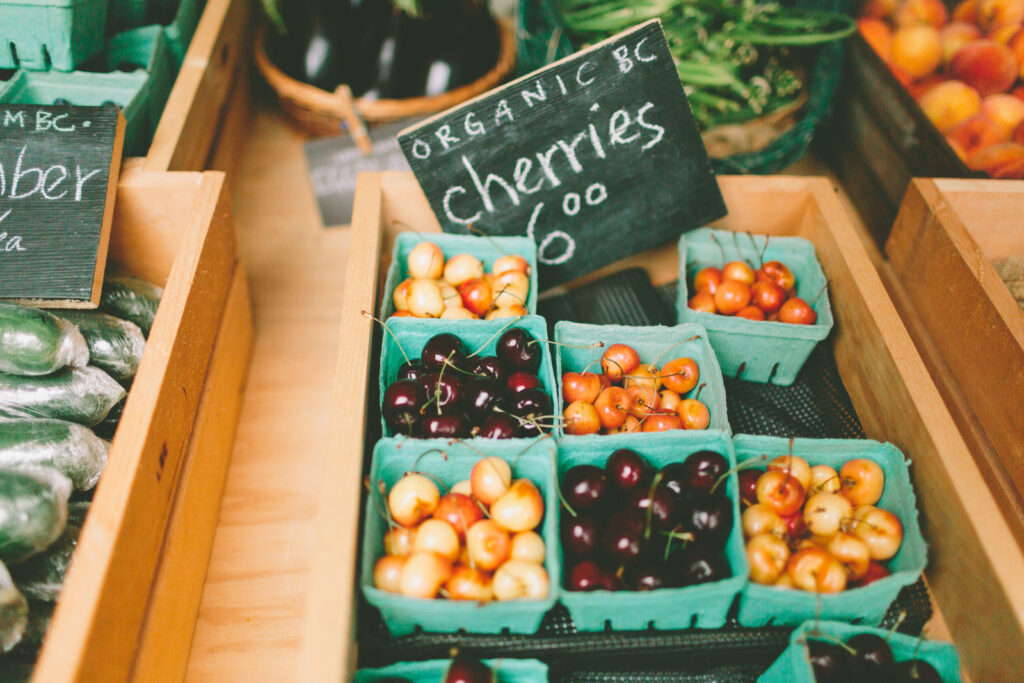By Rico Schmidiger, Slow Food Swan Valley Committee Member
It seems people generally know that organically grown food is a healthier option than buying and eating conventionally grown food. But why is it healthier (and why more expensive)?

Firstly, it is better for us because it is grown without the use of artificially produced herbicides, pesticides, fertilisers and GMOs. These can be toxic for our bodies and can destroy soil life. It is also a healthier process for livestock as the conditions under which they are raised and processed is considered very carefully for their wellbeing. This includes such things as light availability, diet and stocking rates. The environment also benefits from the organic growing process as the absence of harmful chemicals such as glyphosate encourages soil life.
A national certification system has been developed with strict guidelines to be followed by the grower. The certification provides a label or logo to be placed on a product indicating it is organically grown. The guidelines can be found via the Department of Agriculture – The National Standard for Organic and Biodynamic Produce. Apart from addressing production, processing methods, transportation and labelling, the Standard aims for fair competition in the market.
However, this certification is a costly process. There are other reasons why the end product in the supermarket is more expensive than its conventionally grown counterpart. The time required to grow produce organically is greater than conventional methods. For example, the Standard encourages limited off-farm inputs so composting, rotational grazing and flame or steam weeding are some of the methods used for maintaining healthy soil, healthy stock and weed control. It is more labour intensive.
Some things may need to be bought, such as organic seeds to plant crops, organic food for stock, etc. These also add to the cost of production.
Organic growers have an environmental and human conscience and work hard at providing a healthier product for us and our planet.
So next time we wonder if we should buy the more expensive organic food, let’s think about the cost to us and the planet if we don’t. One important thing to remember is that the certification process for organic farmers is long and can be financially prohibitive. So, if possible, find your local producers and say hello. Ask them how they go about their business and you may find that they are already following organic growing principles and just haven’t pursued certification.
I encourage anyone wherever possible to support local, organic growers, thereby supporting good, clean and fair food!
